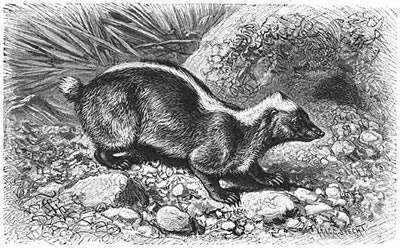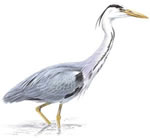I arrived back in Brighton last night after an enjoyable week of studying and using Welsh in Nant Gwrtheyrn. There were only six others on the courses – all men – and I was the youngest. Most of the others were Welsh, or had Welsh connections, or at least make regular visits to Wales. Most of us were roughly at the same level, but there was one bloke from the Rhondda who spoke Welsh almost like a native speaker, and another who could read and write Welsh very well and had a huge vocabulary, but who couldn’t speak Welsh all that well.

We had about five hours of classes a day, which were interesting and useful. There were also a couple of organised evening activities, and an afternoon trip to Caer Gors, former home of one of Wales’ best known Welsh language authors, Kate Roberts (1891-1985), after which we had a look round Caernarfon. The rest of the time we spent chatting (mainly in Welsh), stuffing ourselves with the delicious food provided in the on-site restaurant, Caffi Meinir, and admiring the spectacular views.
Nant Gwrtheyrn is in a very isolated, beautiful and peaceful spot on the Llŷn Peninsula in North Wales. It’s surrounded on three sides by mountains with the sea on the fourth side. The nearest village, Llithfaen, is three miles away up a narrow, winding and very steep road. On a clear day you can sea Anglesea, and on a very clear day you can apparently see Ireland.

Apart from a bit of rain on Thursday, the weather was fine and fairly warm, and the sun made quite frequent appearances. I was expecting a lot more of the wet stuff to be falling from the sky, so was pleasantly surprised.
There are a few more of my photos of Nant Gwrtheyrn on Flickr.



